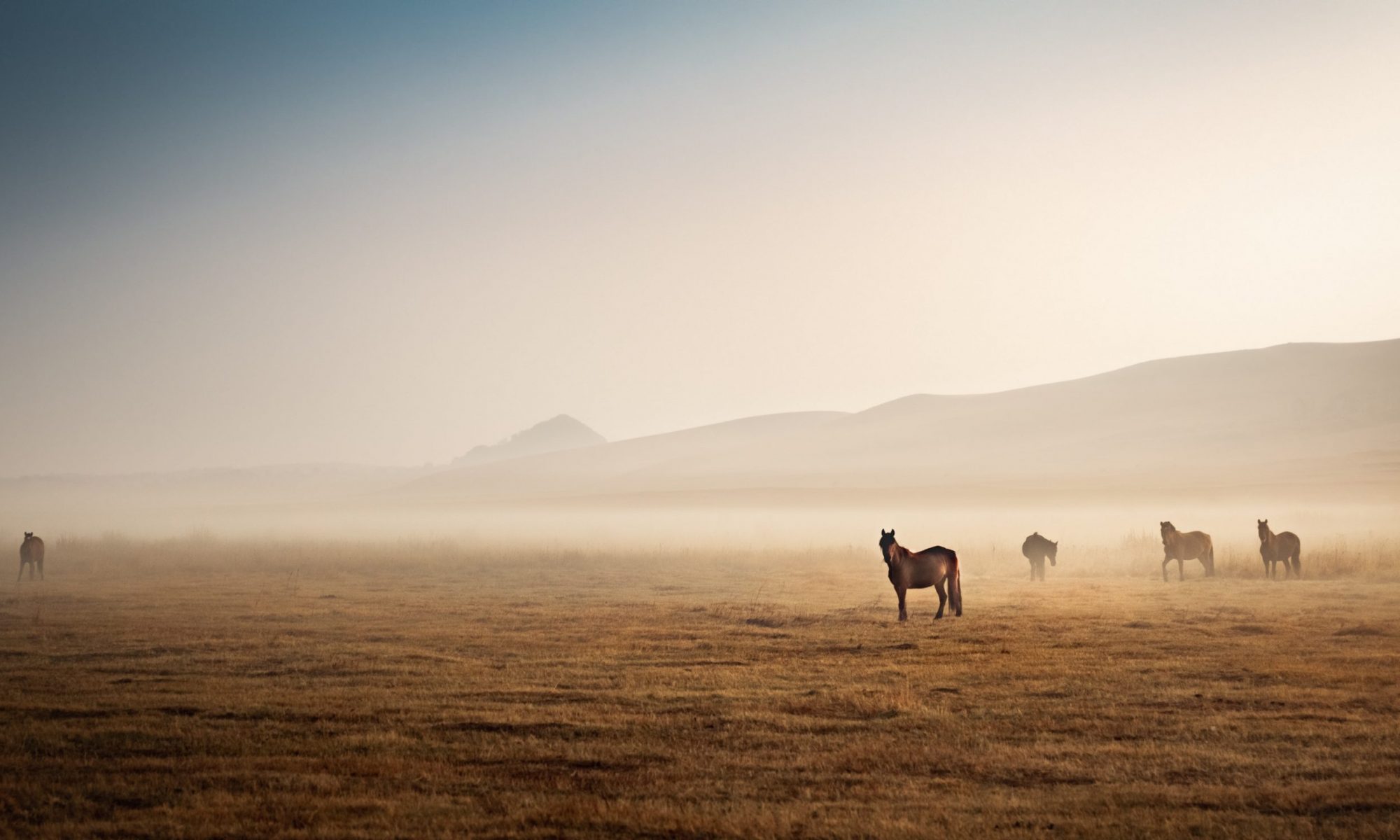A rider can do a lot in the saddle to help a horse. A big part of this is how they manage themselves on the horse’s back. The obvious means of helping here is coming down lightly in the saddle. It is helpful to remember that just because a rider stands in the stirrups, this does not mean their weight just disappeared into the ether. Of course when the rider stands in the stirrups the weight shifts to the stirrups, up the stirrup leathers, through the bars back into the saddle. The distribution may change but the weight is still there. What goes up comes down soon enough.
Soft hip motion can also do a lot to help a horse feel comfortable. In sitting trot and other more subtle movements a rider can really do a lot to help a horse, but this takes a lot of experience to learn. People that used to joy ride bareback as kids will have had an accelerated learning process here.
Finally I will finish by talking about the tilt a rider might put in their hips. This can have a significant impact on how the horse carries the weight of the rider. Buck Brannaman pointed out that people who tip forward slightly, tend to have an advantage in staying on a horse that scoots around. But the freeness a horse feels across his back is the real advantage a horse gets from a rider that tips forward and even takes their weight out of the saddle. Deciding when this is most beneficial to the horse is also a matter of experience.
A good upright posture is nice to have and can look very impressive, but sometimes I am more impressed when I see a rider deviate from the rigid upright position to something that they feel is more appropriate for the horse in a particular moment of time. So don’t feel like if you don’t sit like statue on your horse you are a bad rider. A comfortable horse will be happier and progress faster, so forgo you feelings and hang ups about what you might look like up there and help your mount out.
